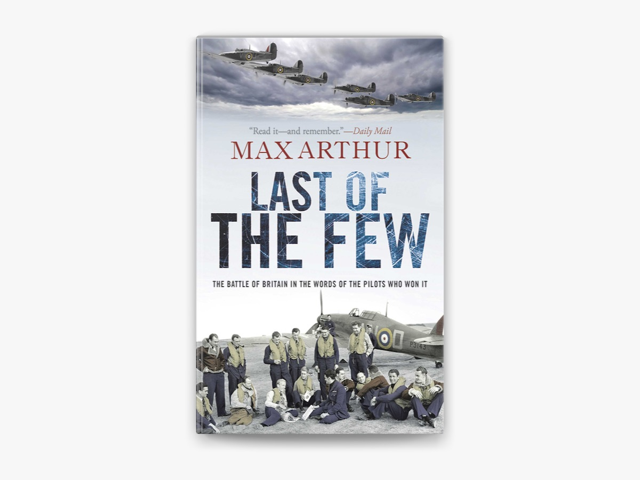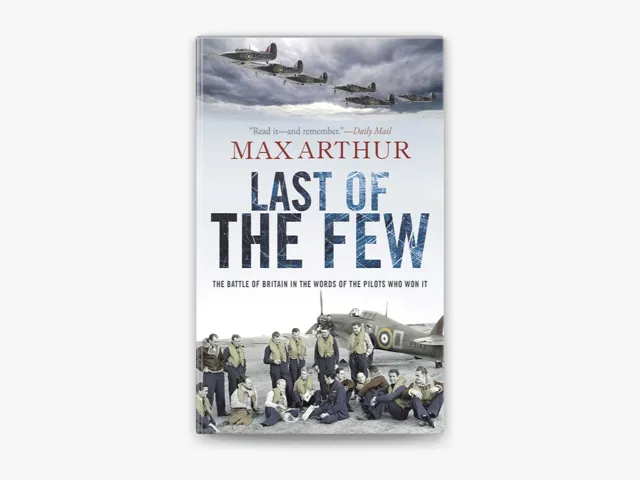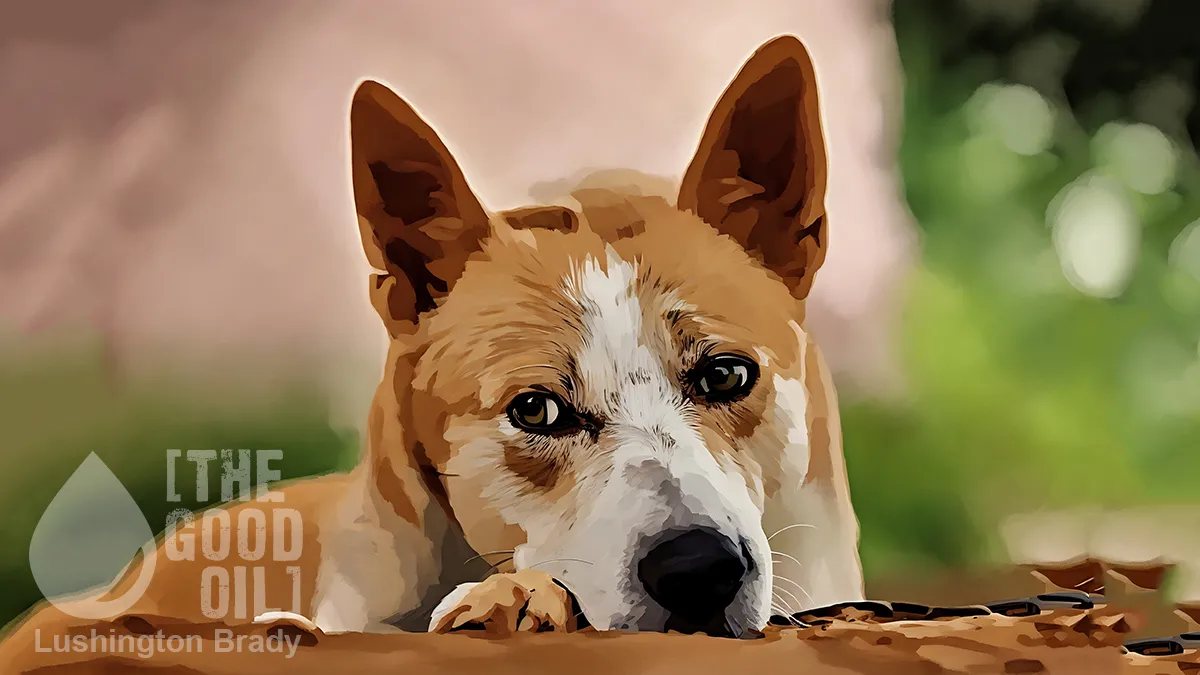Table of Contents
Tiger
The Last of the Few
Max Arthur
ISBN 978-0-7535-2228-8
I enjoy reading history, even the stock-standard chronological types of books. Often books on modern history contain quotes from those who where there to enhance the story. I happened across this book in a secondhand bookstore. The Last Of The Few is a history of the Battle of Britain told exclusively through the voices of those who flew and supported the flyers.
I was drawn to it because of a personal connection. My wife’s grandfather flew Hurricanes in the Battle of Britain, was shot down over Europe, imprisoned by the Germans and eventually released. I was lucky enough to meet him and learn more about his escapades first hand. As with my grandfather, who fought in North Africa and Italy, it was only in the sunset of their lives when they spoke about their contribution to the freedoms we have enjoyed thus far.
With that personal interest, it was quite refreshing to read firsthand accounts from Canadian, Polish, New Zealand, British and even German pilots. The interviews were split up to ensure the story aligned with the course of events leading up to, the beginning, the desperate mid point and then the diminishing threat of the German Luftwaffe during the Battle of Britain.
Sergeant Pilot Hutchinson (British) spoke about the importance of the ground crew in preparing and turning around his plane, even while the airfield was being attacked, “They were out there in the middle of it, ignoring it all. They were really fantastic. They were the unsung heroes: you could depend on them to the last man.”
Gunter Rall, a Luftwaffe pilot, describes the first time meeting the Royal Air Force. He describes the speed of the RAF planes and how the Germans struggled to fight them off their bombers.
The accounts of Flight Lieutenant Johnny Kent describe how short and tricky the action was with the enemy, especially to achieve a kill. Spitfires had approximately 15 seconds of ammunition available, and a distance of 50 yards (45m) would increase the odds of a kill.
By contrast, the Messerschmidt ME 109 German fighter planes had 55 seconds of ammunition. The helter-skelter nature of the dogfights were described in detail by Squadron Leader Sandy Johnstone as if it happened yesterday. "As I pulled up to rejoin the fray, an ME 109 got on my tail, firing tracer but, in my anxiety to climb away from him, I accidentally stalled my aircraft and almost flipped over the top of my adversary.”
Sadly many of the interviews recounted mates they lost and in one case half of the squadron failed to return to base. Many pilots were able to bale out, even over sea, and many of these guys were severely injured due to burns, bullet wounds and blinding from the oil and glycol from the engines.
Survival at sea depended on the ability of the coastguard to rush towards the crash site and find the pilot before he succumbed to hypothermia. Survival on land depended on the local farmers not shooting the pilot before they were able to identify them. Many of the interviewed crashed pilots recounted the latter as their worst nightmare and all too common. I suppose the ‘Dad’s Army’ were over keen on notching a win.
As a young boy I read books on Douglas Bader, the amputee hero of the RAF. Pilot Officer Tim Vigors describes the morale boosting effect he had on the squadrons he was involved with. A companion of his remarked when Bader entered the mess:
“Marvellous how he can get along without ’em.”
“‘Without what?’ I queried.”
“Without his legs, of course.”
The unity within Britain was brought into question when some pilots found their plane had been sabotaged. In one case, a stick of dynamite was found by pure chance in an exhaust and the pilot had been flying around with this for over a month. Russian sympathisers were suspected (earlier on in the war Russia was on the side of the Axis powers). This level of firsthand detail brought a personal touch to the incredible story of the Battle of Britain.
What is more remarkable, on reflection, is how the author managed to interview survivors from such a diverse background and from both sides. That undertaking, alone, deserves a medal.
This book provides a fitting tribute by which we can understand what Churchill meant when he said:
The gratitude of every home in our Island, in our Empire, and indeed throughout the world, except in the abodes of the guilty, goes out to the British airmen who, undaunted by odds, unwearied in their constant challenge and mortal danger, are turning the tide of the World War by their prowess and by their devotion. Never in the field of human conflict was so much owed by so many to so few. All hearts go out to the fighter pilots, whose brilliant actions we see with our own eyes day after day.









